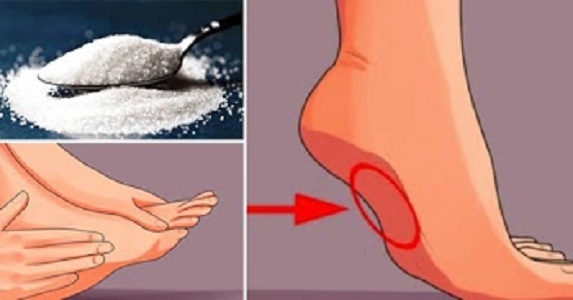Your body warns you one month before a heart attack - a secret that everyone should know
|
Myocardial infarction, commonly referred to as a "heart attack," impacts millions of individuals worldwide each year, as reported by the website WebMD.
Thanks to the extensive knowledge amassed over the years and numerous research studies, a significant percentage of those who experience a heart attack survive, according to the American Heart Association.
However, much work remains in terms of education and raising awareness about this alarming experience, particularly in improving the identification of risk factors.
It is noteworthy that approximately half of those who have suffered a heart attack experienced early warning signs in the days or even months leading up to the event—often without recognizing them.
1. Fatigue
Feeling tired is a common experience, and it is perfectly normal. However, if you find that routine activities, such as shopping, suddenly feel overwhelming, it may warrant further investigation.
Additionally, if you frequently experience shortness of breath, it is crucial to consult a doctor and undergo an EKG test. If you are in a stressful situation and your heart feels unwell, you could be experiencing the onset of a heart attack.
2. Pressure in the Chest
One of the most prevalent warning signs of a heart attack is a pronounced pressure in the chest.
Chest pain may radiate to other areas of the body, often felt in the left armpit or arm, but it can also manifest in the throat, neck, jaw, back, or stomach. This discomfort typically lasts around 15 minutes.
3. Acute Respiratory Distress
Individuals may experience shortness of breath prior to a heart attack due to inadequate blood flow to the lungs caused by blocked blood vessels.
If you suddenly find it difficult to breathe, seek medical attention immediately.
4. Exhaustion
Frequent feelings of weakness or exhaustion may indicate that your muscles are not receiving sufficient blood. This sensation of fatigue is often one of the initial warning signs of an impending heart attack.
5. Dizziness and Cold Sweats
Excessive sweating can signal the onset of a heart attack. If you experience these symptoms, it is advisable to consult a physician.
Dizziness may occur as a result of reduced blood supply to the brain.
6. Cold/Flu Symptoms
Are you suffering from a persistent cough, cold, or fever? There is no need to panic; these are not necessarily indicators of immediate danger.
However, it is important to note that cold-like symptoms can manifest up to a month before a heart attack. This is a consideration worth pondering—especially if you have experienced any of the other symptoms mentioned above.
It is essential to remember that heart attack symptoms can vary significantly from person to person, and especially between men and women. Therefore, it is always advisable to consult with a healthcare professional for expert guidance.
It is important to keep these points in mind. We hope that these insights will help save more lives in the future.












